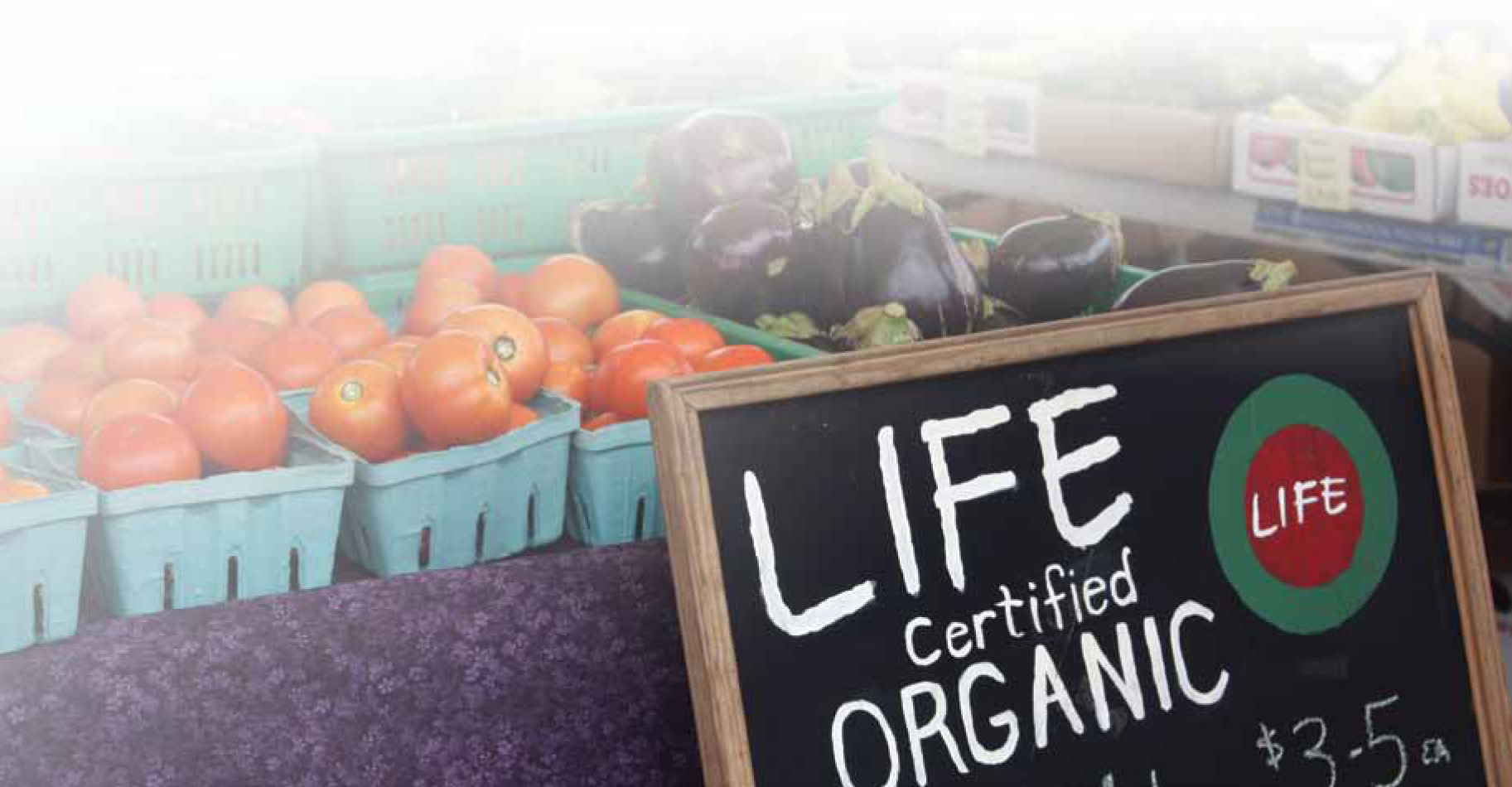KNOWLEDGE YOU CAN USE


Question 17.14
Q: What are “organic” foods? Organic foods account for about 1% of all foods sold worldwide, generating more than $40 billion per year. In order to be labeled and sold as “organic,” a food must be grown or raised without the use of chemical fertilizers or non-
Question 17.15
Q: Don’t be fooled by sneaky labeling. Products labeled “100% organic” must contain only organic ingredients with the exception of water and salt, according to the U.S. Department of Agriculture. But be careful, because products can be labeled “organic” if they contain at least 95% organic ingredients. And a product can be labeled “made with organic ingredients” as long as it is made with at least 70% organic ingredients.
Question 17.16
Q: Are there downsides to organic foods? The biggest downside comes at the cash register. Organic fruits and vegetables cost more than other produce, typically 13 to 36 cents more per pound. And hormone-
Question 17.17
Q: Are organic foods nutritionally superior to conventionally produced foods? In an exhaustive 2009 review of 55 published articles on the nutritional content of organic foods, researchers funded by the U.K. Food Standards Agency examined 13 nutrient categories and found no evidence that organic foods were superior in nutritional content when compared with conventionally produced foods.
Question 17.18
Q: Might organic foods have some other benefits? Although the results of the review seem to suggest that it might not be worth paying a premium for organic foods, there is reason to withhold final judgment. The study examined only nutritional content, which is just one of several potential ways in which organic foods might differ significantly from conventionally produced foods. There may be other benefits relating to safety, heart health, environmental degradation, and farmworker risks.
- Safety. There may be a reduced risk of E. coli contamination from grass-
fed cattle, which are maintained with less crowding. When it comes to pesticide exposure, however, it is less clear whether there are benefits. In its published Guidelines on Nutrition for Cancer Prevention, the American Cancer Society states: “At present there is no evidence that residues of pesticides and herbicides at the low doses found in foods increase the risk of cancer.” - Heart health. Beef from grass-
fed cattle has been shown to have less fat and higher levels of omega- 3 fatty acids, which may reduce the risks of cancer and heart disease. - Environmental degradation. Organic farming reduces the addition of synthetic pesticides to the environment, potentially improving water supplies and long-
term soil quality. - Risks to farmworkers. Reduced exposure to synthetic pesticides and chemical fertilizers benefits farmworkers, decreasing their contact with potential carcinogens and other harmful chemicals.
So, extensive research continues on the question of whether there are benefits to organic foods that justify their increased cost. At this time, it isn’t possible to give a definitive answer.

719